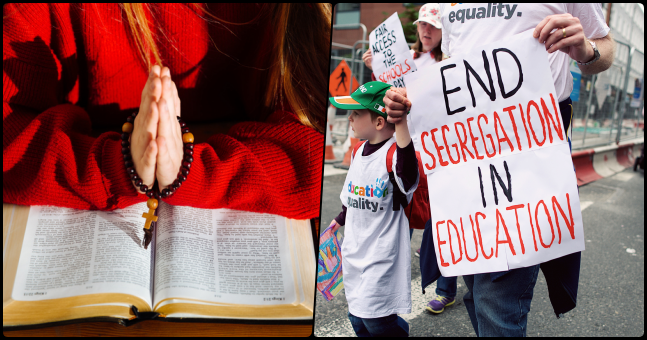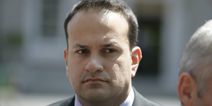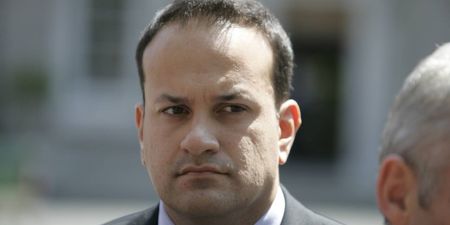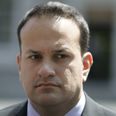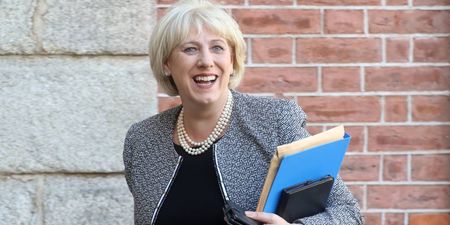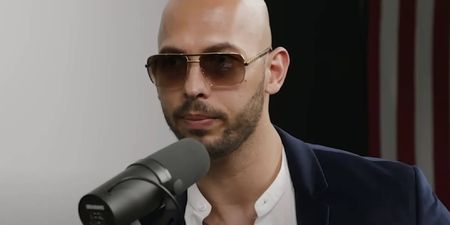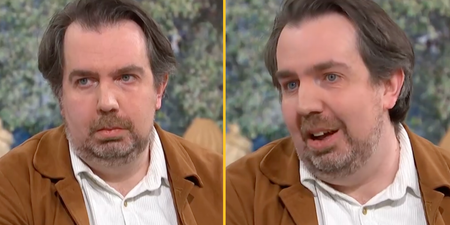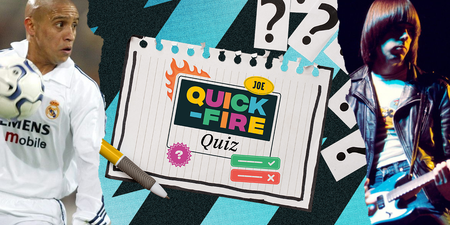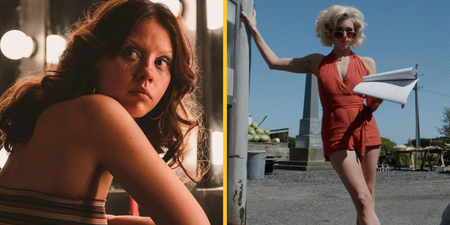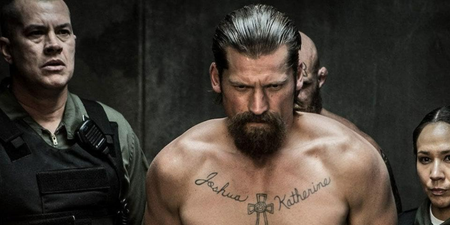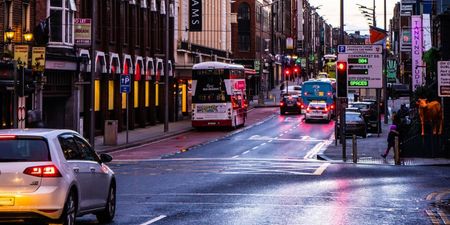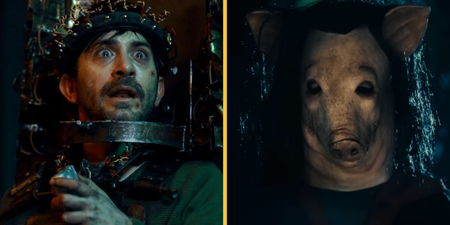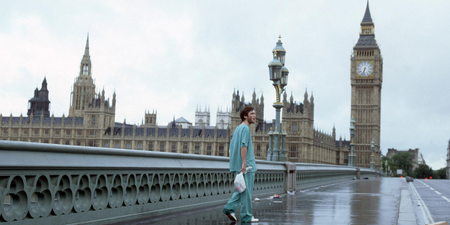Schools should be welcoming places that allow all children and staff to feel included, not places where religious discrimination is allowed go unchecked.
By David Graham and Alison Moore, Education Equality
Debate around the role of religion in our education system has been swirling for years.
A growing number of families want to send their children to school without worrying about them being evangelised, forced to attend church services or splashed with holy water by the local priest.
Before we look at the rights and issues involved, let’s listen to the experiences of some of the affected pupils themselves. The quotes below have been compiled from different children to give a representative picture of what it is like to be an opted-out child in an Irish school.
*All the names below have been changed*
Why am I made to feel different?
“When other classmates supported the ones doing communion/confession, they were rewarded with goody bags – I wasn’t and that felt unfair.” Aaron, 5th Class
“I wish more time was spent on Science subjects [instead of religion].” Chloe, 5th Class
“I didn’t like having holy water thrown at me because I am not religious.” David, 2nd Class
“When we had to practice all the religious songs every day for the Archbishop’s visit they got stuck in my head and it upset me because I don’t believe in the words.” Emer, 5th Class
“I didn’t like not being able to get a homework pass and jellies in the principal’s office back in 3rd Class because I didn’t sing in the communion choir. It made me feel like I had done something bad.” Jack, 5th Class
“I feel weird, everyone else is saying their prayers and I am just reading. It feels like a waste of my time. The hymns make me feel uncomfortable, the words in them and how it is sung. I can’t understand why I have to sing this.” Saoirse, 5th Class
“I felt left out when the teacher had a competition about ‘what you find in a church’ – that was for the Christian students.” Daniel, 5th Class
“I just take out my books [during religion class], on my own.” Chantelle, 3rd Class
“I feel annoyed at the hymns because we have to do it. I pause at the words ‘God’ and ‘bless’ because it feels really weird saying those words. I can’t imagine how my friends who are Buddhist would feel if they were in this situation.” Tom, 3rd Class
“I feel awkward when everyone is saying prayers. I sometimes feel everyone is looking at me because I am not saying them.” Laura, 5th Class
“When the class are doing religion I have to sit there and it’s boring, I would rather be doing something.” Richard, 5th Class
“When the priest came around and flicked water at me I felt really uncomfortable. I stepped back and tried to explain that I am not religious but he splashed water at me anyway and made my top wet.” Molly, 3rd Class
“When they teach us religious hymns, it feels like they are trying to make me religious and I don’t want to be religious.” Gary, 3rd Class
Human rights
Ireland’s education system breaches human rights.
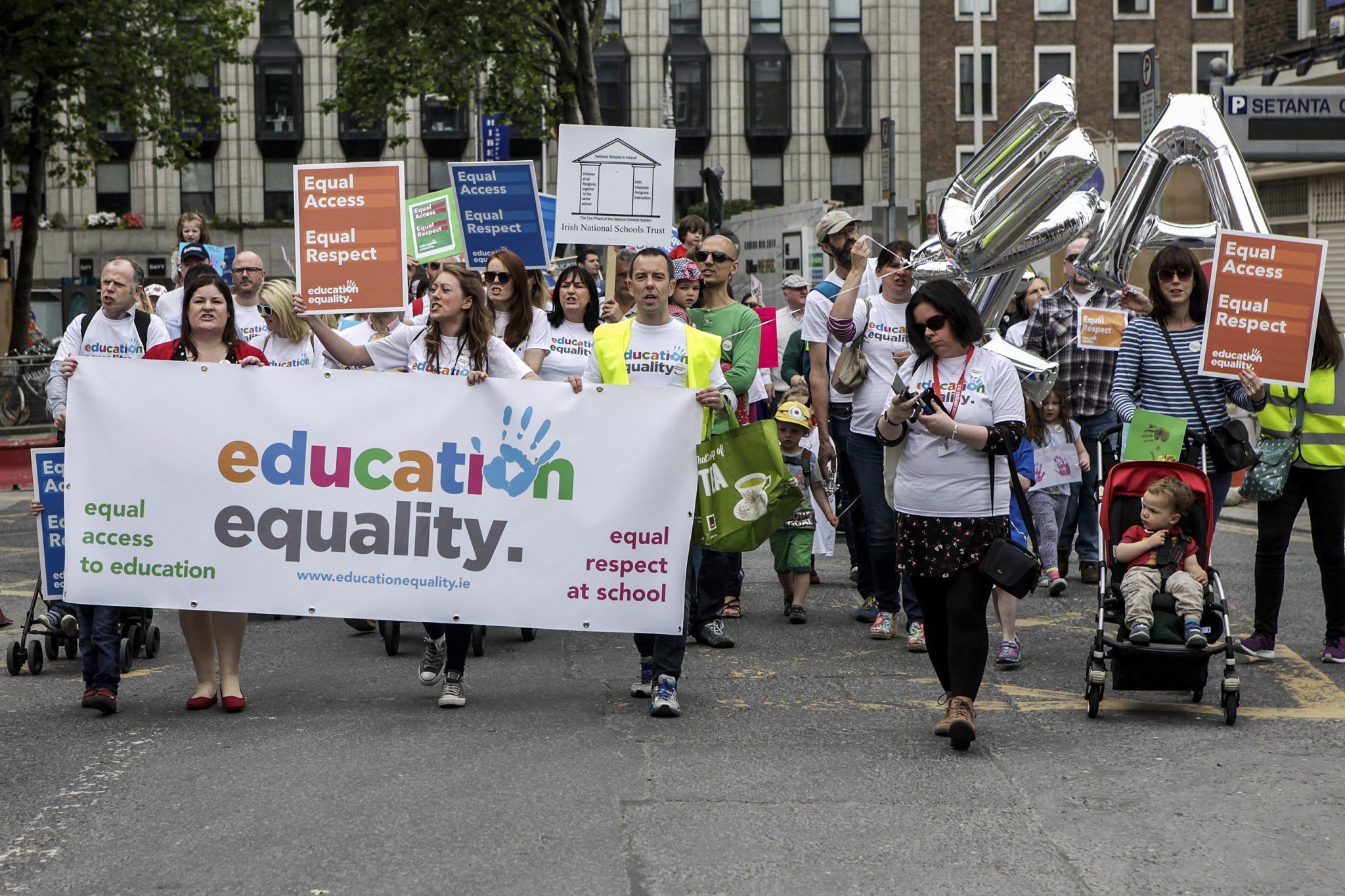
Our failures here have been pointed out by numerous international human rights bodies, including the UN Committee on the Rights of the Child. All families have the right to freedom of thought, conscience and religion.
Article 44.2.4 of the Constitution provides for “the right of any child to attend a school receiving public money without attending religious instruction at that school”.
These rights are not in dispute. However, the vast majority of Ireland’s publicly funded primary schools remain under private religious control, with almost 90% run by the Catholic Church. How can we uphold these rights when our education system is dominated by religious patrons? Numerous solutions have been proposed.
1. School divestment
The first approach is the “plurality of patronage” or “school choice” model.
This hinges on school divestment, an initiative launched by former Minister for Education Ruairi Quinn in 2011. The problems with this process have been well documented – 10 years on and only a tiny handful of schools have seen a change of patron. Divestment lacks political and departmental support and has been beset by scaremongering and misinformation.
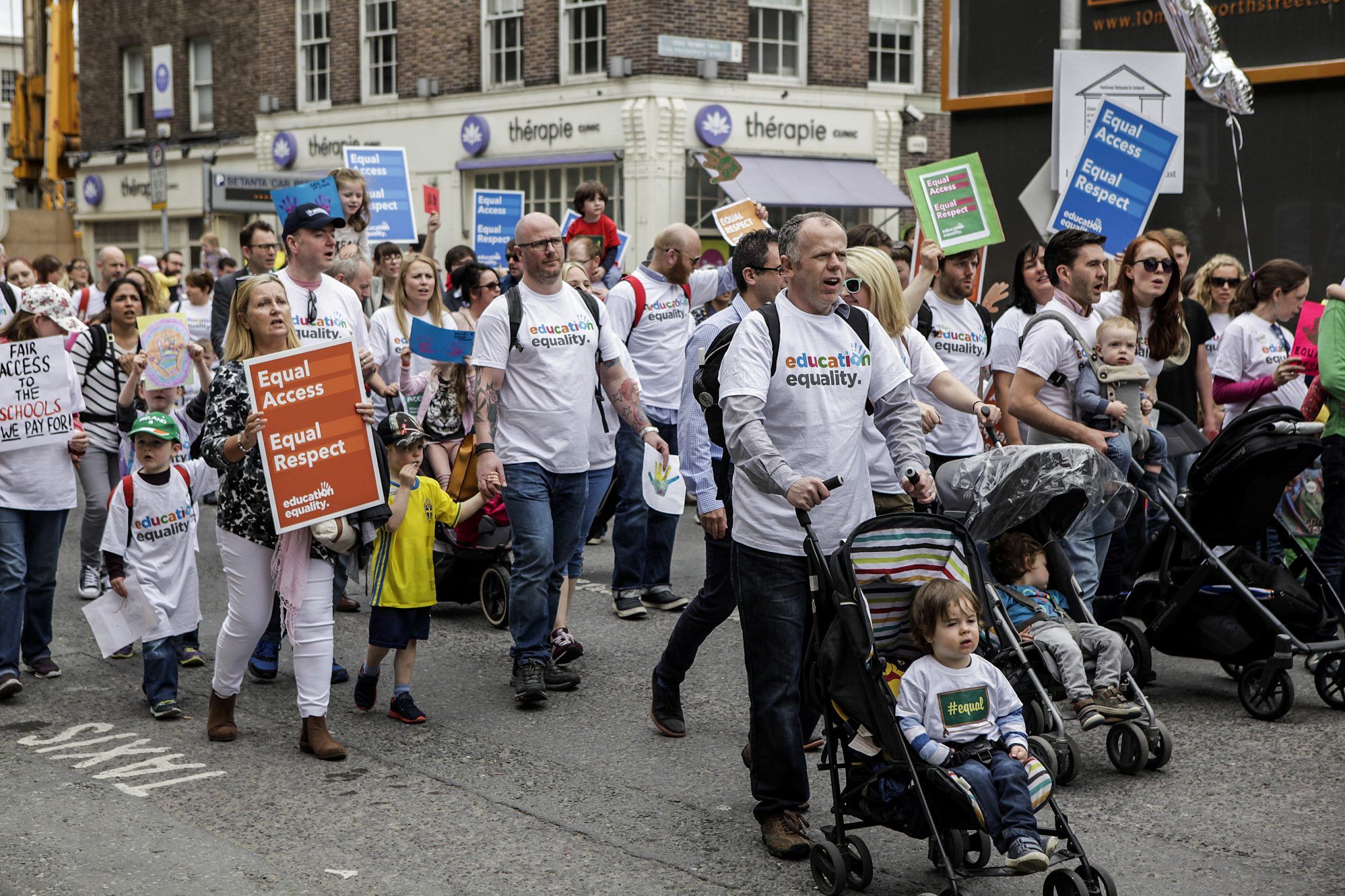
The Government’s stated policy is to reach a target of 400 multi-denominational primary schools by 2030. Limited progress to date means we are only likely to reach about half that figure. Even if the official target is reached, however, around 88% of our primary schools will remain under religious patronage.
So even in a best-case scenario, almost nine in 10 Irish primary schools will remain under religious control for the foreseeable future. The Government has not brought forward any proposals to make these schools more inclusive for their students and staff.
2. Opt-out rights
The second approach is to abolish the integrated curriculum, which imbues secular subjects with religious dogma, and offer pupils an alternative subject in a separate classroom during religion classes. This would vindicate parents’ opt-out rights and offer them an effective choice as to whether or not their children attend religious instruction.
It would also enable the objective and factual delivery of relationships and sexuality education instead of the current material which teaches that: “Puberty is a gift from God. We are perfectly designed by God to procreate with him.” The downsides to this model are that schools would need to hire more teachers and they would also be required to separate their pupils along religious lines for 30 minutes every day.
3. End school patronage
The third, more radical, approach is to dispense with religious patronage altogether and move towards a fully secular, State-run education system.
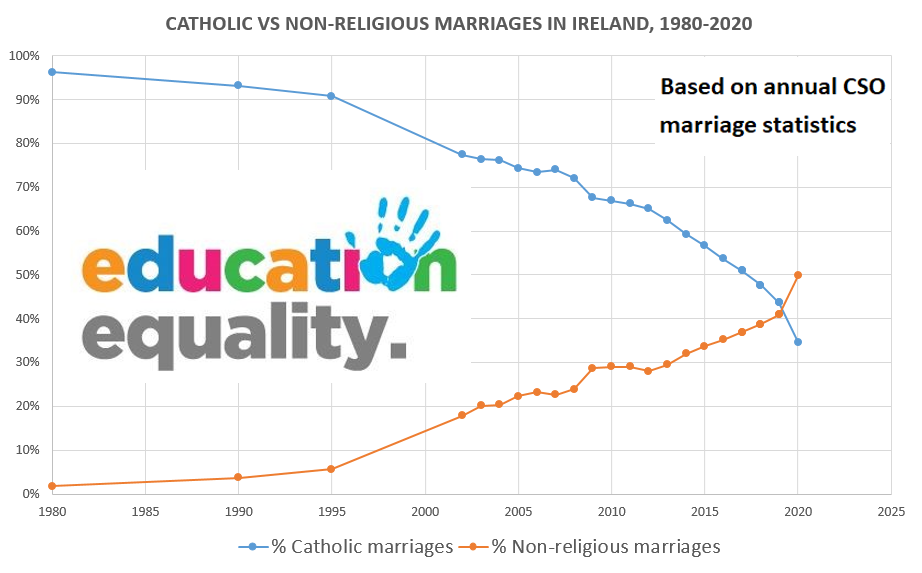
Proponents of this approach argue that the patronage system adds no value and actually acts as an impediment to reform. However, secularising our education system could prove legally problematic. It might also be very expensive because almost all of our schools have been built on privately-owned land. A secular education system would probably require a constitutional referendum and might take many years to achieve.
4. Change the curriculum
Education Equality favours a fourth approach. We believe religious instruction and worship should simply be removed from the curriculum and offered to parents and teachers on an optional basis outside core hours in all schools. This could be done quickly at little cost to the taxpayer. If you support this, please sign and share our petition.
Time for change
One thing is clear: We can do better as a society than to move children to the back of the classroom and treat them differently on account of their family background. Our schools should be welcoming places that allow all children and staff to feel included.
It’s not a big ask.
Alison Moore and David Graham are Communications Officers with Education Equality, a parent-led human rights advocacy group established in 2015 to promote equality in education, regardless of religion.
Education Equality believes that religious instruction and worship should be removed from the curriculum and offered on an opt-in basis outside school hours in order to afford equal respect to all schoolchildren and protect them from religious discrimination and unwanted indoctrination.
You can follow them on Facebook and Twitter or contact them at [email protected].
Images via Mastersons and Graham Keogh
LISTEN: You Must Be Jokin’ with Aideen McQueen – Faith healers, Coolock craic and Gigging as Gaeilge
